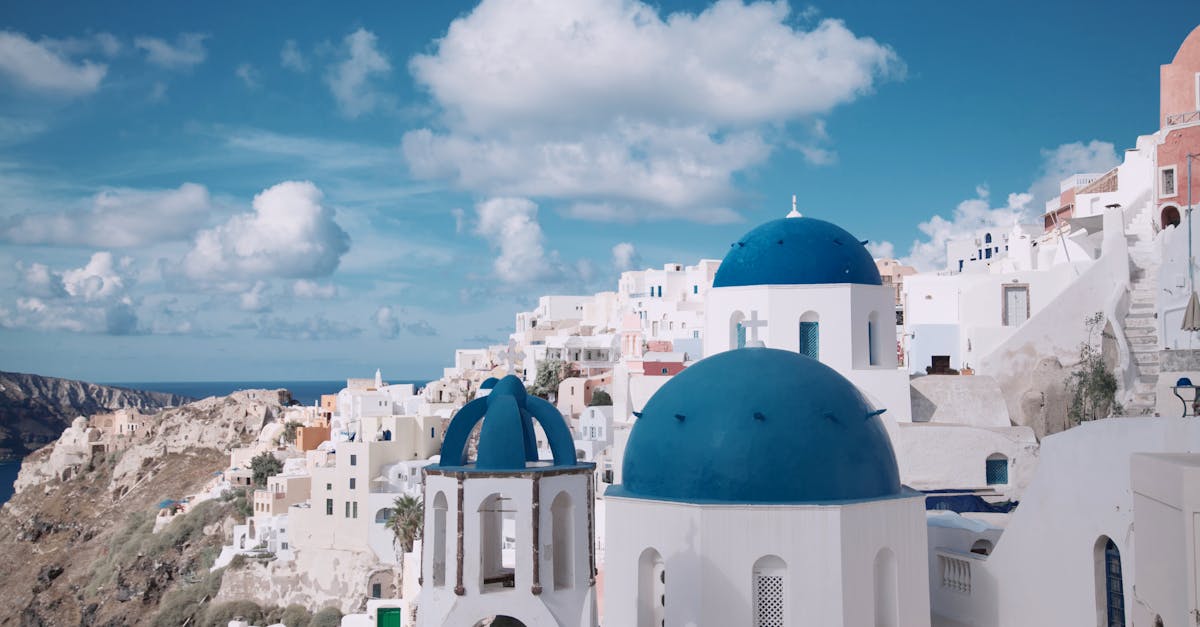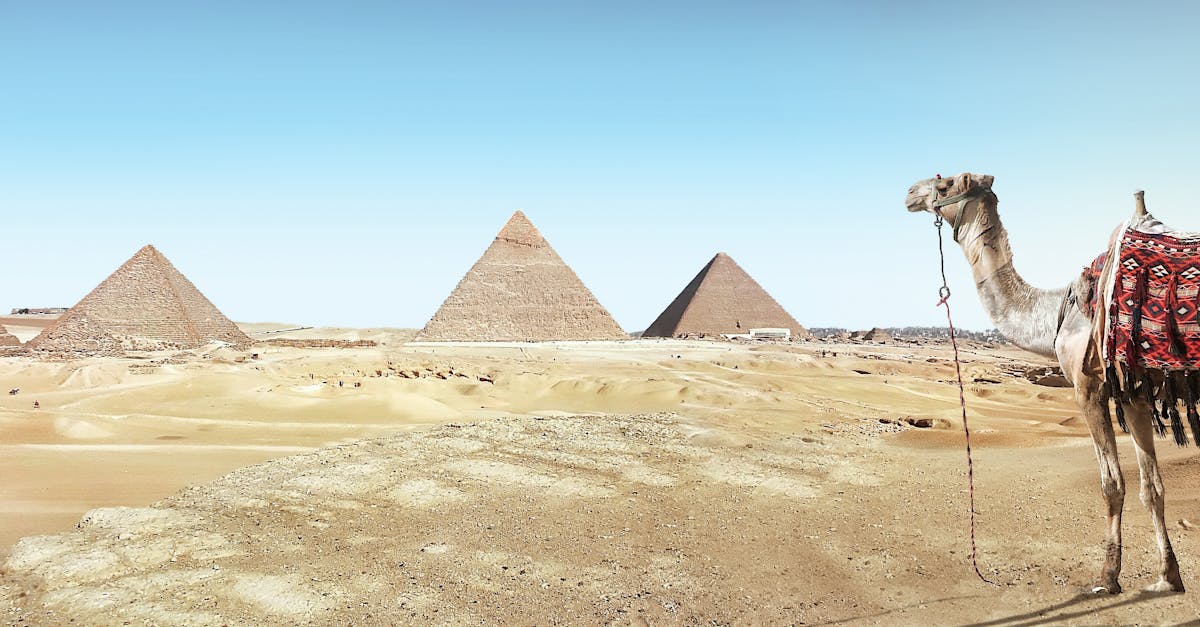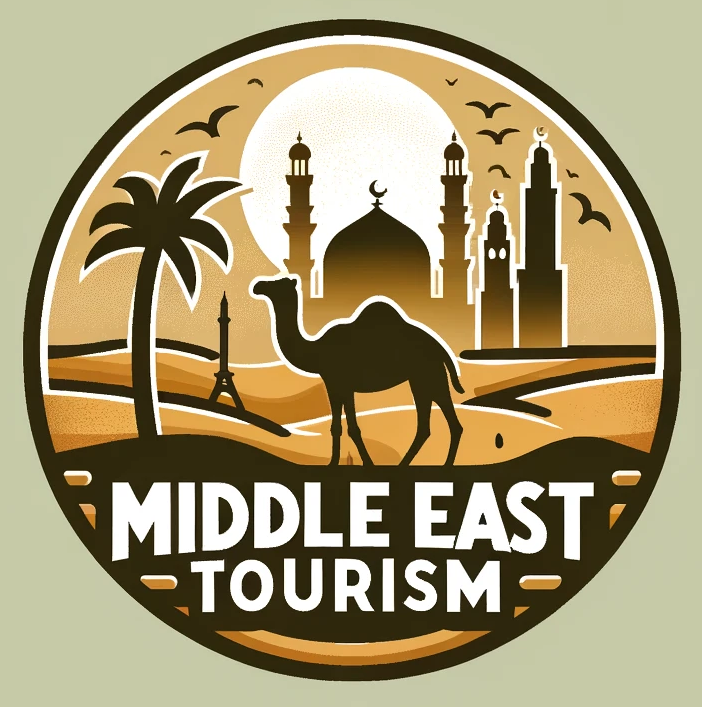Explore the enchanting world of Middle East tourism with our comprehensive Middle East Tourism Language Guide. Embark on a journey of discovery as we delve into the vibrant cultures and rich histories of this fascinating region. Let this guide be your passport to unlocking the secrets of the Middle East through the lens of language.
Middle East tourism: The Importance of Language

When it comes to traveling in the Middle East, one of the most crucial aspects that can significantly enhance your experience is language proficiency. The Middle East is a diverse region with a rich tapestry of cultures, traditions, and languages. Understanding and appreciating this linguistic diversity can open doors to unique experiences and meaningful interactions with locals.
Enhancing Cultural Immersion
Arabic is the most widely spoken language in the Middle East, with variations across different countries. However, knowing even a few basic Arabic phrases can go a long way in gaining respect and building rapport with locals. Learning simple greetings like “Salam alaikum” (peace be upon you) or “Shukran” (thank you) can show your efforts to connect with the culture and will be warmly received.
Additionally, familiarizing yourself with the local language can help you navigate everyday situations more effectively, from ordering food at a traditional market to asking for directions in the bustling streets of Dubai or Cairo. It can also enrich your experience when visiting historical sites or engaging in cultural activities as you’ll be able to understand the context and significance behind what you’re seeing.
Fostering Connections
Language is not just a means of communication but a bridge that connects people from different backgrounds. Speaking the local language, even if just a few words, shows respect for the culture and demonstrates your genuine interest in engaging with the local community. In the Middle East, where hospitality is highly valued, making an effort to communicate in the local language can lead to memorable encounters and friendships that transcend borders.
Overcoming Language Barriers
While English is widely understood in tourist areas, venturing off the beaten path or immersing yourself in authentic cultural experiences may require a basic knowledge of the local language. In countries like Iran, Turkey, or Morocco, where English proficiency may not be as prevalent, knowing key phrases can make your travels smoother and more enjoyable.
Moreover, speaking the local language can help you avoid misunderstandings and navigate potential cultural sensitivities. Being able to express yourself clearly and respectfully in Arabic, Farsi, or Turkish, for example, can prevent miscommunications and demonstrate your cultural awareness.
Embracing Diversity
As the Middle East continues to attract a growing number of tourists from around the world, embracing linguistic diversity is key to fostering cross-cultural understanding and appreciation. Whether you’re exploring the ancient ruins of Petra in Jordan, relaxing on the stunning beaches of Lebanon, or shopping in the vibrant souks of Marrakech, speaking the local language can enhance your connection to the region and its people.
By recognizing the importance of language in Middle East tourism, travelers can embark on a journey of discovery that goes beyond sightseeing, allowing them to truly immerse themselves in the rich tapestry of cultures, traditions, and languages that make this region so captivating.
Communicating Effectively in the Middle East

effective communication in middle eastern tourism
Centara’s corporate director of operations – ME & Maldives emphasizes the importance of communicating effectively to elevate a resort’s presence in the dynamic landscape of Middle Eastern tourism. With diverse cultures, languages, and customs, mastering the art of communication is key to fostering positive tourist experiences in the region.
top languages for tourism in the middle east
Understanding the language preferences of travelers can significantly enhance communication efforts in Middle Eastern tourism. According to the data, the top 10 most popular languages globally play a crucial role in bridging communication gaps and creating seamless experiences for tourists in the region.
– Arabic
– English
– French
– Russian
– Mandarin
– Spanish
– German
– Portuguese
– Hindi
– Bengali
avoiding communication pitfalls for tourism professionals
Tourism professionals must be aware of the basic mistakes in communication that can hinder interactions with travelers in the Middle East. Misunderstandings, cultural insensitivities, and language barriers can negatively impact visitor satisfaction. By proactively addressing these challenges, professionals can ensure effective communication and a positive tourism experience.
leveraging virtual conferences for sustainable tourism
In light of global challenges such as the COVID-19 outbreak and climate change, the trend towards virtual and hybrid conferences presents an opportunity for sustainable tourism development in the Middle East. Embracing digital communication platforms can not only mitigate climate impact but also enhance connectivity and knowledge sharing within the tourism industry.
the role of social media in promoting middle eastern tourism
Social media plays a pivotal role in shaping tourism narratives in the Middle East. From showcasing cultural heritage sites to highlighting local experiences, digital platforms offer a powerful medium for engaging with travelers worldwide. By leveraging social media effectively, destinations in the Middle East can attract a diverse audience and foster meaningful connections.
women’s empowerment and sustainable tourism in the middle east
Empowering women in the tourism sector is crucial for driving sustainable development in the Middle East. By promoting gender equality, fostering leadership opportunities, and advocating for women’s rights, the tourism industry can create inclusive environments that benefit both local communities and visitors. Embracing women’s empowerment initiatives contributes to a more equitable and vibrant tourism landscape in the region.
Cultural Sensitivity in Middle East Tourism

sharia law and the uae: what travelers need to know
When traveling to the United Arab Emirates, it’s essential for visitors to be aware of the country’s adherence to Sharia law. This legal system is based on Islamic principles and governs various aspects of daily life, including dress codes, behavior in public spaces, and dietary restrictions. Travelers should respect and adhere to these laws to avoid any misunderstandings or legal issues during their stay in the UAE.
saudi arabia travel advice & safety
Saudi Arabia is known for its conservative social norms and strict laws. Travelers should be mindful of cultural sensitivities, including dress codes, interactions between men and women, and public behavior. It’s also crucial to stay informed about recent safety advisories and travel warnings when planning a trip to Saudi Arabia.
visiting riyadh: a look at saudi arabia’s social and cultural transformations
Riyadh, the capital city of Saudi Arabia, has been undergoing significant social and cultural changes in recent years. Visitors should be open to observing and understanding these transformations, which include the relaxation of certain restrictions, the promotion of tourism, and the development of entertainment options in the city. Engaging with local initiatives and businesses can provide insight into Riyadh’s evolving landscape.
effective marketing tactics for attracting egyptian medical tourists
Egypt is a popular destination for medical tourism, attracting patients from around the world seeking high-quality healthcare services. Marketing efforts targeting Egyptian medical tourists should emphasize cultural sensitivity by understanding their specific needs and preferences. Tailoring promotional strategies to showcase medical expertise, hospitality, and cultural attractions can attract more visitors to Egypt for medical purposes.
qatar travel advice & safety
Qatar offers a unique blend of modernity and tradition, making it an appealing destination for travelers. Being culturally sensitive in Qatar involves respecting local customs, traditions, and social norms. Visitors should also stay informed about safety guidelines and regulations to ensure a smooth and enjoyable trip to this Gulf country.
world aids day: why the middle east lags behind in fighting hiv
The Middle East faces challenges in addressing HIV/AIDS due to cultural taboos, stigmatization, and lack of comprehensive education and healthcare services. Raising awareness and promoting culturally sensitive approaches to HIV prevention and treatment are crucial steps to combatting the spread of the virus in the region. Collaboration between governments, healthcare providers, and communities is essential in advancing HIV/AIDS initiatives in the Middle East.
the aladdin controversy disney can’t escape
The portrayal of Middle Eastern cultures in popular media, such as Disney’s Aladdin, has sparked debates on cultural representation and stereotypes. Cultural sensitivity in media and entertainment is essential to avoid perpetuating misconceptions and promoting accurate depictions of diverse societies. Engaging in dialogues about cultural authenticity and representation can lead to more respectful and inclusive storytelling.
cultural sensitivity: something to be aware of
In the context of Middle East tourism, cultural sensitivity plays a significant role in fostering positive interactions and mutual understanding between travelers and local communities. By embracing and respecting cultural differences, visitors can enhance their travel experiences and contribute to sustainable tourism practices. Prioritizing cultural awareness and sensitivity benefits both tourists and the destinations they explore.
general manager power list 2023: chris franzen
Recognizing individuals like Chris Franzen who demonstrate leadership and innovation in the tourism industry is essential for driving positive change and progress. Leaders who prioritize cultural sensitivity in their roles can influence industry practices, advocate for responsible tourism, and promote cross-cultural understanding. Highlighting professionals who embody these values can inspire others to uphold similar standards in their endeavors.
explaining taiwan’s miracle
Taiwan’s remarkable economic and social development, often referred to as the “Taiwan Miracle,” is a testament to the country’s resilience, innovation, and strategic planning. Understanding Taiwan’s success story involves examining its unique historical context, governmental policies, technological advancements, and cultural influences. By delving into the factors that contributed to Taiwan’s growth, observers can gain valuable insights into the dynamics of economic transformation and societal progress.

